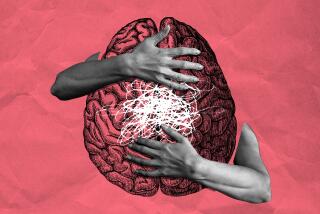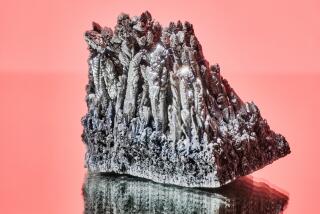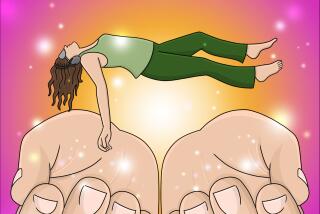VIDEO: What coffee does to your brain
Most of us experience a boost of energy when we drink a cup of coffee, but what exactly happens to our brains when we drink our favorite brew?
Mitchell Moffit and Gregory Brown, the duo behind the Youtube channel ASAPScience, have released a new video on what coffee does to your brain. Using research, a white board and a couple of colored markers, Moffit and Brown attempt to explain the effects of caffeine.
According to the video, above, when you’re awake, a chemical called adenosine accumulates in the brain. It binds to brain receptors and slows down activity. The more adenosine, the more tired you feel.
Caffeine happens to have a similar structure to adenosine, causing it to compete with adenosine in the brain. When the adenosine can no longer bind with the receptors, the tired feeling the chemical causes goes away.
Sounds like a great way to keep alert, but the video points out that as you consume more caffeine, your brain starts to create more adenosine receptors. This results in needing more caffeine to keep up that energized feeling.
The video also draws a comparison to cocaine. Caffeine stimulates adrenaline, increasing your heart rate and blood flow. It also affects dopamine levels, creating a feeling of happiness. Moffit and Brown claim the effects of caffeine are the same as cocaine, but to a much lesser degree.
Just like any drug, you can have too much. But luckily for coffee drinkers, it’s virtually impossible to overdose. The lethal dose of caffeine is around 150 mg per kg of your body. So if you weigh 150 pounds, it would take 14,000 mg of caffeine or 70 cups of coffee at 150 mg each to kill you. And you’d have to drink them all at once. Good to know for those who reach for multiple cups a day.
And if you’re wondering why you feel the need for another cup around mid-afternoon, it’s because caffeine has a half life of about six hours. If you drink a coffee with 150 mg of caffeine in it, six hours later, there is only 75 mg of caffeine left in your body.
Coffee isn’t the only subject the ASAPScience team has tackled. The two also have videos on the science behind an orgasm as well as on why some people feel depressed.
I prefer green tea. Follow me on Twitter @Jenn_Harris_.
More to Read
Eat your way across L.A.
Get our weekly Tasting Notes newsletter for reviews, news and more.
You may occasionally receive promotional content from the Los Angeles Times.







